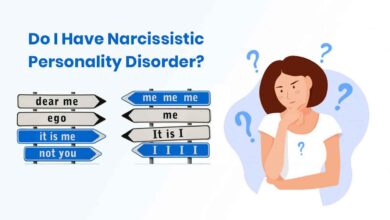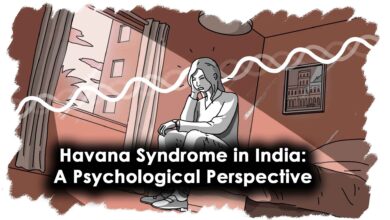Exploring the Impact of Caste Diversity on Mental Health


Caste, a social stratification system deeply rooted in many societies, has long been a subject of scholarly and societal discourse. In addition to its socio-political implications, caste diversity can significantly influence various aspects of individuals’ lives, including mental health. This article aims to shed light on the impact of caste diversity on mental health, examining how caste-related factors contribute to psychological well-being and proposing measures to address these challenges.
Caste-Based Discrimination and Stigma:
Caste discrimination and stigma can have severe repercussions on the mental health of individuals belonging to marginalized castes. Experiencing caste-based prejudice, stereotypes, and social exclusion can lead to chronic stress, anxiety, depression, and low self-esteem. The constant fear of discrimination and the internalization of societal biases can adversely affect one’s sense of belonging and overall mental well-being.
Inter-generational Trauma:
Caste-based discrimination is often inherited across generations, leading to inter-generational trauma. Historical atrocities, systemic disadvantages, and limited opportunities faced by marginalized castes can have a profound impact on mental health outcomes. Traumatic experiences endured by ancestors can be transmitted through narratives, cultural practices, and societal attitudes, perpetuating mental health challenges in affected communities.
Socio-Economic Disparities:
Caste diversity is closely intertwined with socio-economic disparities. Many individuals from marginalized castes face limited access to quality education, healthcare, employment opportunities, and social resources. Economic inequality resulting from caste-based discrimination can lead to feelings of hopelessness, stress, and a higher prevalence of mental health disorders.
Intersectionality:
Caste intersects with other social identities, such as gender, religion, and class, further complicating the mental health landscape. Intersectional discrimination can amplify the psychological distress experienced by individuals who face multiple forms of marginalization. For example, Dalit women may face compounded challenges due to both caste and gender discrimination, resulting in unique mental health issues.
Community and Social Support:
Despite the adversities faced by marginalized castes, community and social support systems can act as protective factors for mental health. Cultivating inclusive communities, empowering marginalized individuals, and fostering social cohesion can contribute to resilience and positive mental well-being. Encouraging dialogue, challenging stereotypes, and promoting social justice are crucial steps in creating an environment that supports mental health for all.
Addressing Mental Health Disparities:
To mitigate the impact of caste diversity on mental health, a multi-faceted approach is needed. This includes comprehensive mental health services tailored to the needs of marginalized communities, targeted awareness campaigns to reduce stigma, and affirmative action policies that promote equality and inclusivity. Additionally, incorporating caste diversity into mental health research and training can enhance cultural competence and improve outcomes for individuals from marginalized castes.
Conclusion:
Caste diversity exerts a significant influence on mental health outcomes, with caste-based discrimination, stigma, inter-generational trauma, and socio-economic disparities being key contributing factors. Recognizing and addressing these challenges is crucial for promoting mental well-being and achieving social justice. By fostering inclusivity, supporting marginalized communities, and advocating for policy changes, we can create a society that values and protects the mental health of all its members, irrespective of caste.







